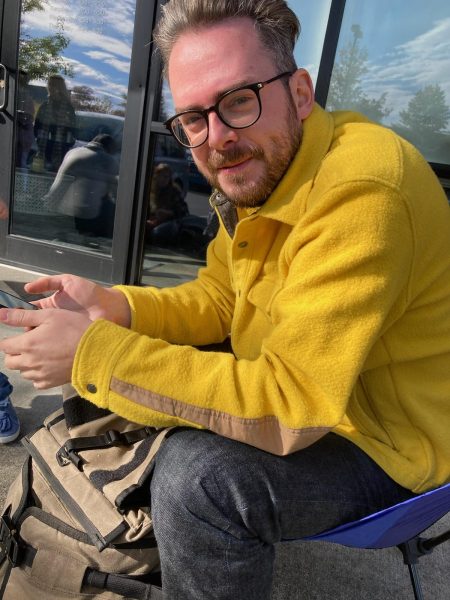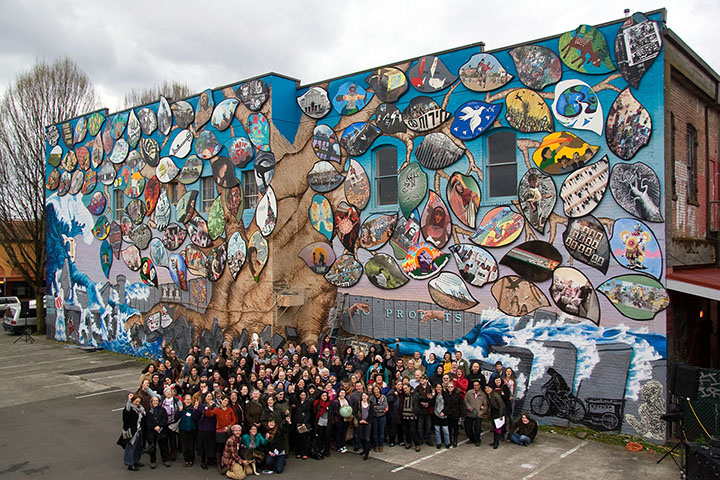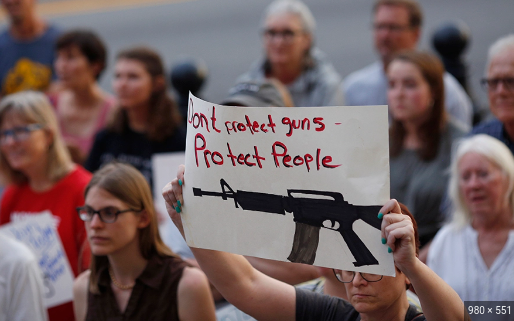With approximately a quarter of the CHS student body becoming eligible to vote yearly, we must discuss voting and how it functions in our democracy. As a current senior at CHS and someone who has already pre-registered to vote, I wanted to explore the topic of voting through this article. Voting as a subject has become very polarizing. It is commonly considered a highly important part of our democracy and turnout has increased in recent years. For example, in 2020 there were 154.6 million votes in the presidential election, which was a 17 million voter increase from 2016. Though turn-out has increased, younger voters are still underrepresented, likely due to ignoring elections. A large part of why elections are so frequently ignored is probably due to the perception of them.

I interviewed Chris Haffner, a teacher here at CHS and a long-time voter, on the impacts and importance of local and federal elections. One of the main reasons Haffner listed for the lower voter turnout, especially among the youth, was a lack of interest caused largely by news coverage focused on the federal elections which are general and “cover a lot; people watch the more popular news which is more focused on national attention.” Haffner also talked about the systems in our democracy such as the electoral college system, which makes him feel like his voice “doesn’t mean anything… it essentially means my vote is predetermined.” It also doesn’t help that, as Haffner stated, “The candidates in the primary are chosen by the party, and the voters just have to accept that.” All of these factors help to make “people feel like their votes don’t matter.” Well, all of this affects voting turnout. The two-party system also harms the integrity of our democracies. “It is not the mere existence of elections but a certain threshold of competitiveness that defines a liberal democracy.” Two parties are not enough and the consensus on third parties is seen “as throwing away my vote.”
A large portion of these problems can be solved by simply focusing on local elections more than federal. It’s less general and more impactful on the community, and every vote matters. However, as stated by Haffner, “If you’re not looking for local news or information, you won’t find it.” Even though local elections are generally less accessible and it’s harder to gauge candidates, they should be the primary focus for voters. Rather than, as Haffner stated, “focus on the horserace of elections, and outrage of federal elections…we should focus more on the local.” Most seniors, including me, would likely be more engaged with our democracy, as well as increasing representation in our legal systems, if CHS and the community as a whole would bring more attention to local elections.






